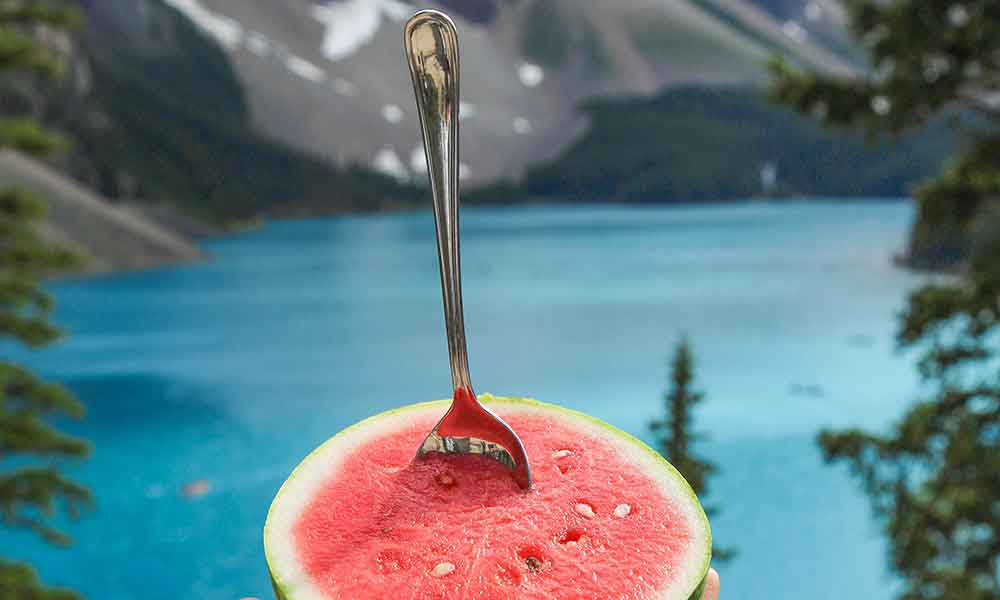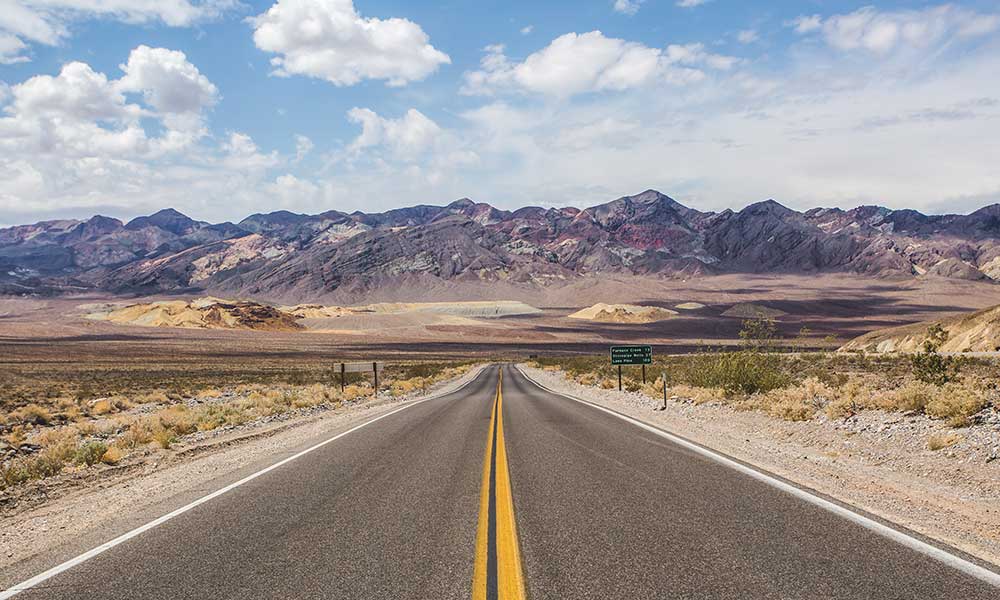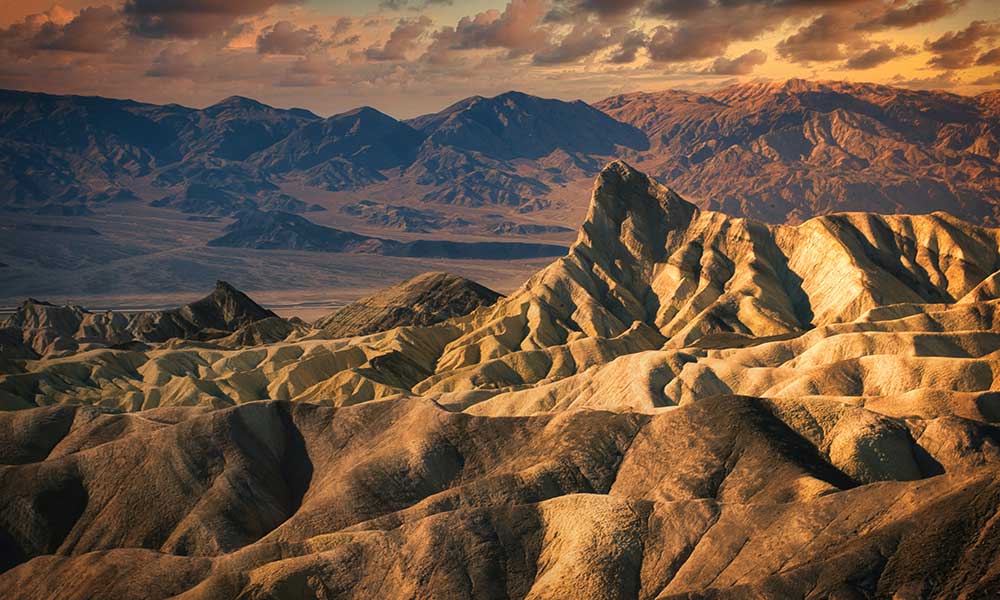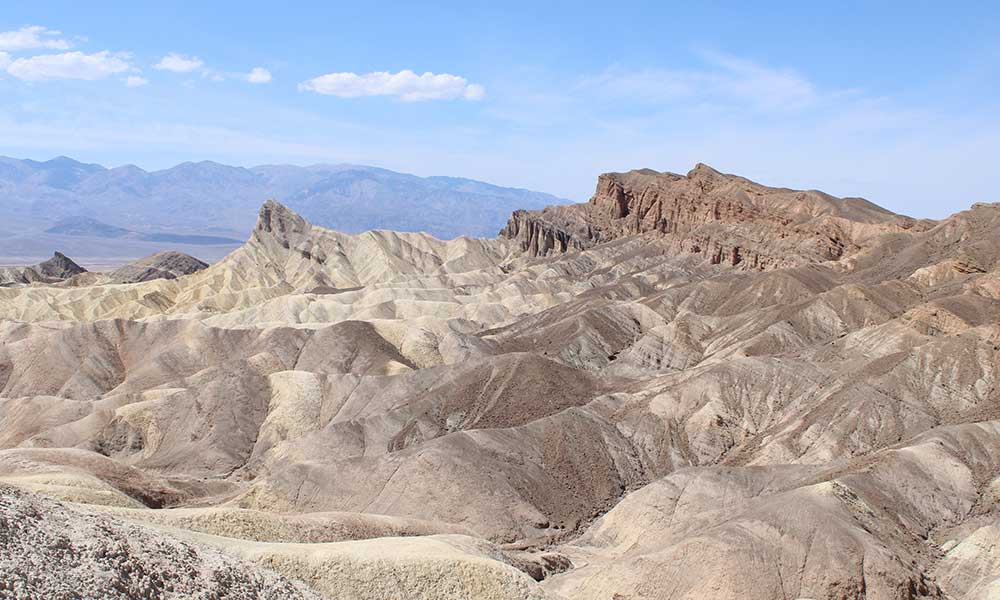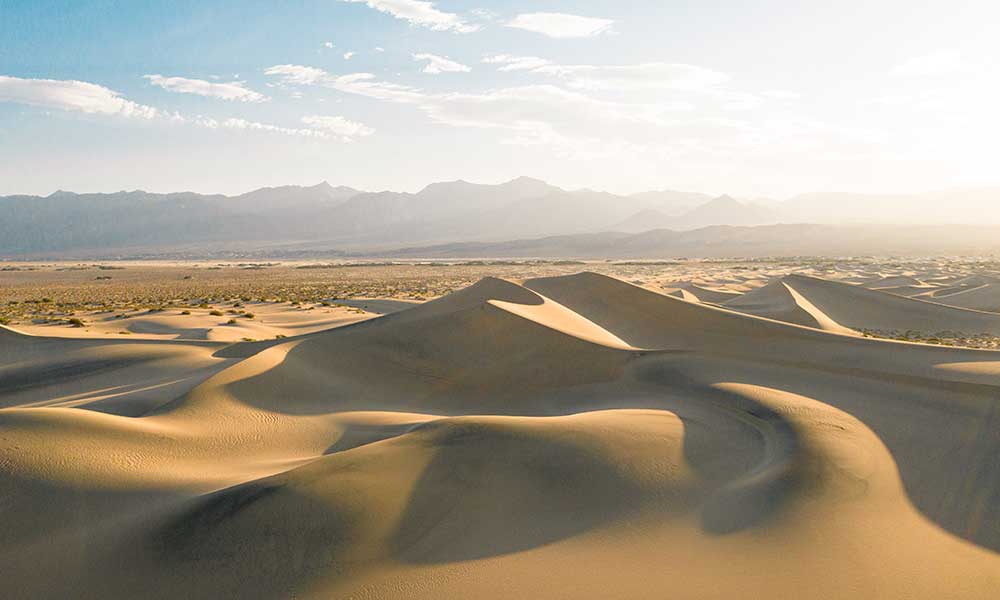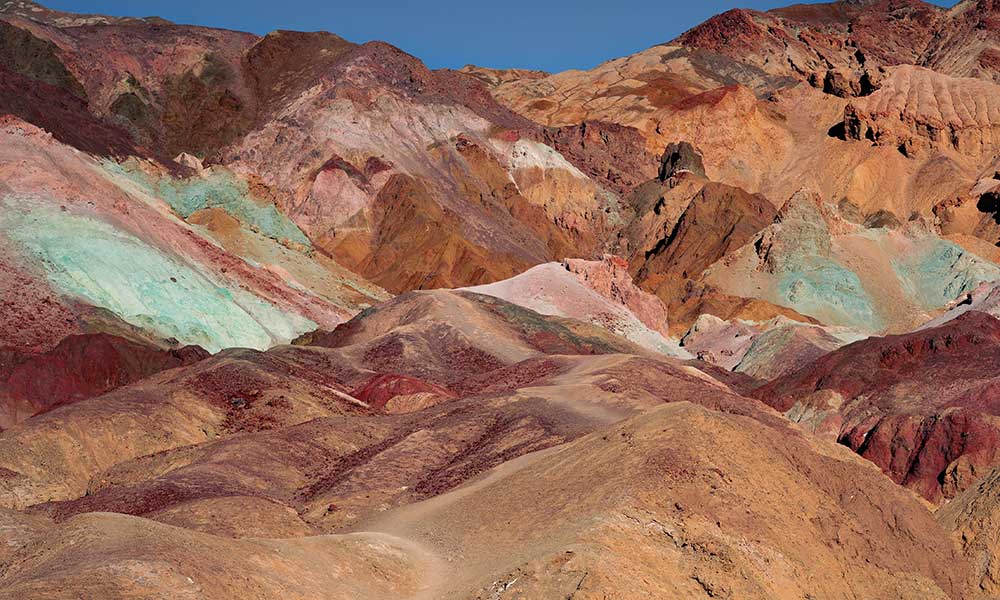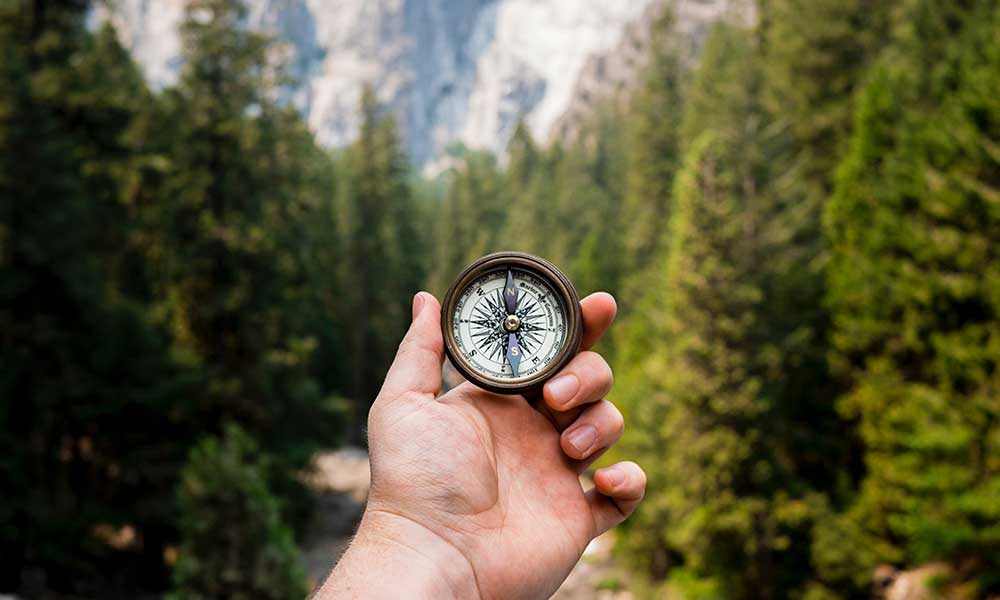The importance of proper nutrition while hiking cannot be stressed enough. Your body needs fuel every two hours to maintain elevated levels of energy. And not all food types are recommended or beneficial while hiking. What you need instead of sugary snacks are the best energy foods for hiking.
The best energy foods for hiking to maintain optimal energy levels are:
- High protein energy bars
- Trail mix
- Bananas
- Almonds
- Cheese
- Avocados
Any one of these foods should be eaten at two-hourly intervals to prevent the body from cramping and taken with water to promote hydration.
Finding the right high-energy food for hiking is daunting and carrying the whole kitchen is not advisable. Traveling as light as possible when hiking is always the goal, and in this article, we aim to narrow down the best choice for high-energy foods for your next outdoor adventure.
Best Energy Filled Foods For Hiking
When hiking, your body uses a lot of energy and needs something to replace the missing protein, vitamins, electrolytes, and energy used throughout your day. Here are several best energy-filled foods for your hiking trip:
- Trail mix – Dried nuts and a mix of dried fruits are a great source of energy, and nuts are high in protein, fats, and calories. Dried raisins and bananas are a great boost of energy, and their carbs and sugars are easily digested. They also help refill your electrolytes and are a good source of potassium.
- Peanut butter and jelly sandwiches or honey sandwiches – The proteins and the fats from the peanut butter will give you the energy and calories you need. Bread, honey, and jelly are good sources of carbs that are a quick source of fuel.
- Pancakes – Pancakes are not only delicious; they also have lots of carbs and will keep you filled with energy, and are easy to prepare. Add some of your favorite fruits or dried fruits to the mix, like blueberries, bananas, and even cacao chips.
- Pasta – Pasta may be a challenge to eat while you’re hiking, but it’s a great source of energy.
- Pretzels – Pretzels contain two important things you need during a hike and are easy to digest sodium and carbohydrates
- Dried mango – Dried mangoes taste amazing, there are no added sugars, and it’s sweet. Mangoes are a great source of digestible carbs, Vit. C and also helps the body process Vit. D and helps prevent excessive sunburn.
- Dark chocolate-covered almonds – Almonds have 2 important nutrients health fats and proteins. The protein works as replenishing and repairing tired muscles. Get some carb-rich chocolate, and it’ll give you the energy boost you’ll need
Different Energy Foods When Hiking In Different Climates
Hiking in different climates will depend on what foods will be best for you during the day to give you the energy and protein you need. Here are the different foods that’ll be best for the climate you’re hiking in:
Raining, snow, or cold weather- During winter, your body uses more fuel and energy to get through the day. To keep your body and muscles from freezing, the best foods you can have for your winter hike are:
- Granola bars – Granola bars with a higher fat content will give you slow digestion and increase your energy throughout the day.
- Fruits – Fruits contain lots of potassium which reduces muscle cramps, and it’s full of sugars that give your brain the energy boost it needs throughout your hiking trip.
- Peanut butter – Peanut butter not only tastes great but gives your body a lot of important fuel. It has a lot of protein and Lots of fats.
- Jerky – If you’d like something light to snack on during the day, jerky is the go-to. Its high in proteins and helps keep your muscles going during the day.
- Vitamins – If you’re going on a hiking trip with your friends or family, you should bring some vitamin supplements to help boost your immune system and prevent a cold from going around.
Hot and humid- When you’re hiking in hot and humid weather, your body needs to stay more hydrated and needs enough food to keep yourself energized. Here are some foods to help with that:
- Hummus – Hummus provides lots of energy and tastes great; eat it with some pita bread or vegetables of your choice; you’ll be feeling energized all day.
- Cheese – Cheese is high in fats and protein, parmesan and cheddar are dense and can sustain during hot weather cheese is lightweight and gives you enough protein to be feeling fresh.
- Hard-boiled eggs – Hard-boiled eggs are great protein-filled snacks. They have 9 amino acids, and the yolk has lots of nutrients such as zinc, vitamin B, and calcium.
How To Plan Your Hiking Day Protein
When hiking, you’ll need to make sure you have enough protein for the trip to keep your body going. Here’s how you can plan your protein for the trip
- Concentrate on energy that’ll last: When going hiking, the best thing you can do for your body is get foods that have a lot of nutrients inside of them, instead of only sugar-based foods that’ll give you energy for a short while focusing on protein, healthy fats, and complex starches that are a slow release of energy and digested slower.
- Keep it nice and cool: Bring a small cooler backpack for shorter or non-challenging hikes; you’ll have more food options and, at the same time, keep them cool. Bring your favorite pre-made protein-filled food and beverage.
- Keep hydrated: Make sure to drink water before your hike and bring enough to last the whole day. Drink sufficient water even when you don’t feel thirsty, your body may need it to stay hydrated, especially during hotter days. It’ll keep you going and feeling energized.
- Bring some extra: Depending on how long your trip is, it is usually the amount of food and drinks you’ll pack but packing a bit extra is always good. You’ll be using up your energy all day, and having some extra supplies is always safer.
- Eat something fresh: You’re not limited to foods you can bring, so why not bring some fresh fruits. Fruits not only make you feel good, but they also give you protein. Some fruits that have a lot of protein are:
- Jackfruits – They have 3 grams of protein, fiber, 110 milligrams of heart-healthy potassium, vitamin A and C, and magnesium.
- Guava – They have 4 grams of protein per cup, Vitamin C, and fiber.
- Avacado – They have 3 grams of protein, healthy fats, are rich in fiber, folate, magnesium, and vitamin Cs.
- Apricot – They have 2 grams of protein, potassium, and vitamin A, C, and E.
- Bananas – They have 1.6 grams of protein, fiber, prebiotics, vitamin A, B6, and C, and magnesium.
Conclusion
Muscle cramping and sprain injuries are common while hiking. Although it can be terrain-related, more commonly, it is due to poor nutrition leading up to the hike and not eating enough high-energy foods during the hike.
Suppose you’re not a regular or serious hiker. In that case, we suggest you follow our tips on which high-energy foods are best during a trail to keep your body performing optimally and possibly prevent muscle strain injuries. And remember to stay hydrated.

